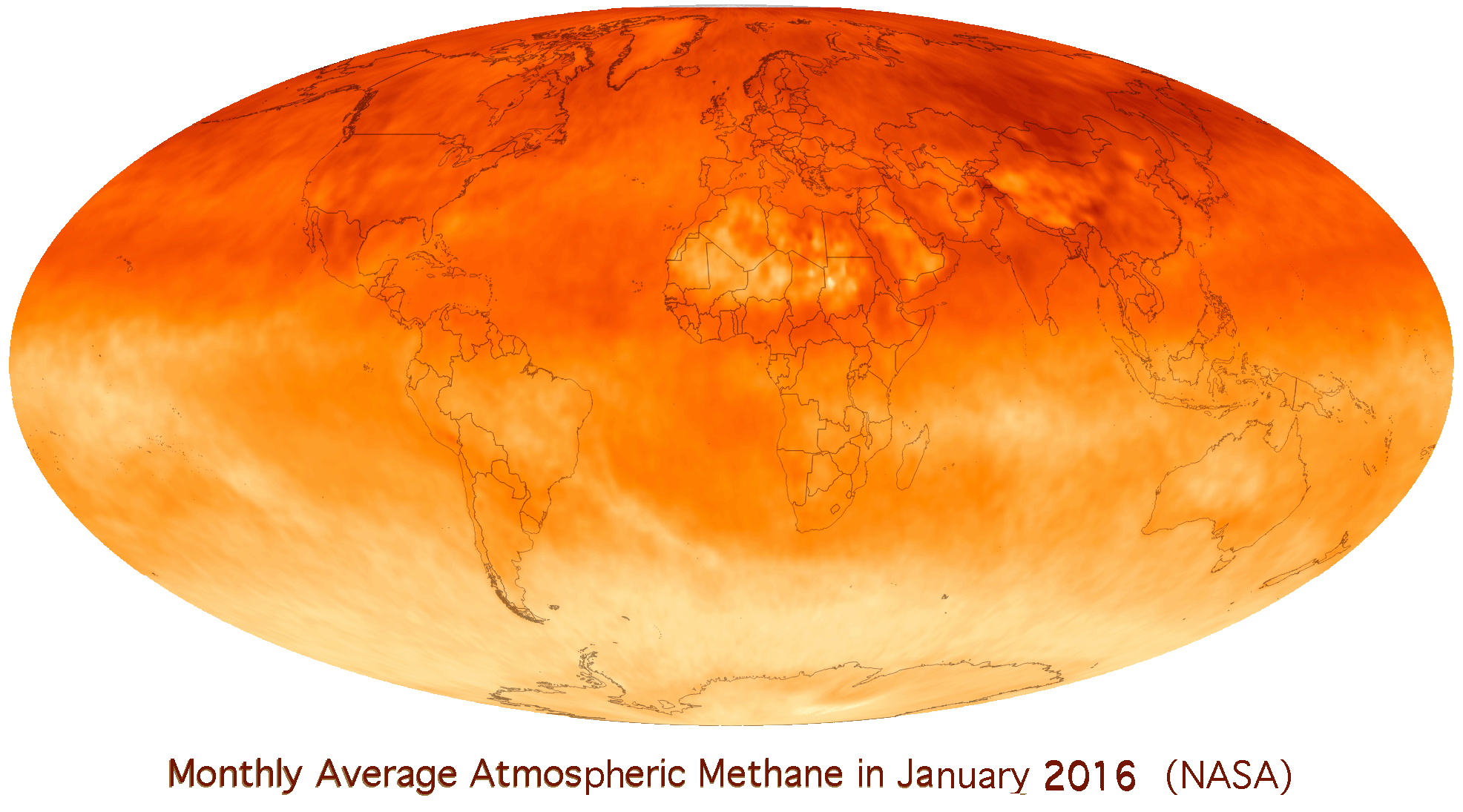|
| |
|
Translated into Finnish by Fijavan Brenk Translated into Estonian by Johanne Yeerink © Eric R. Pianka Two fundamentally different metabolic processes are used by most organisms: respiration and fermentation. Respiration is aerobic, which means that it requires oxygen, whereas fermentation takes place in the absence of oxygen (i.e., it is anaerobic). Anaerobic bacteria dwell in places without oxygen and produce methane. All of the oxygen in Earth's atmosphere was produced by another group of photosynthetic aerobic bacteria about 2.4 billion years ago. Until then, anaerobic methanogenic bacteria dominated the planet. With the production of massive amounts of oxygen by these new photosynthetic bacteria, Earth's atmosphere was changed and aerobic metabolism via respiration became possible, ultimately leading to the evolution of eukaryotes and metazoans, including vertebrates like ourselves, all of which require oxygen to survive. However, these derived life forms also continue to exploit the process of fermentation alongside respiration. 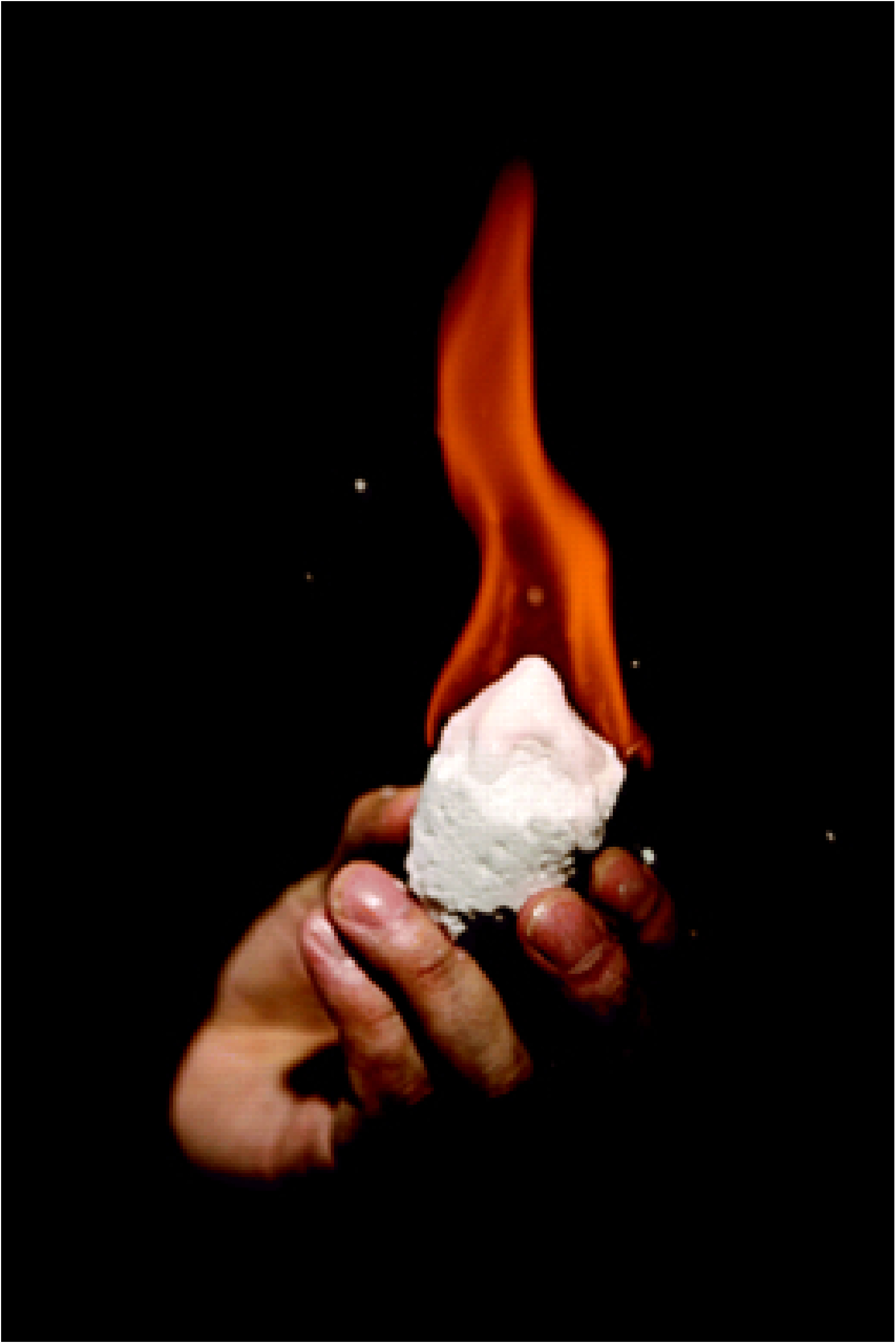
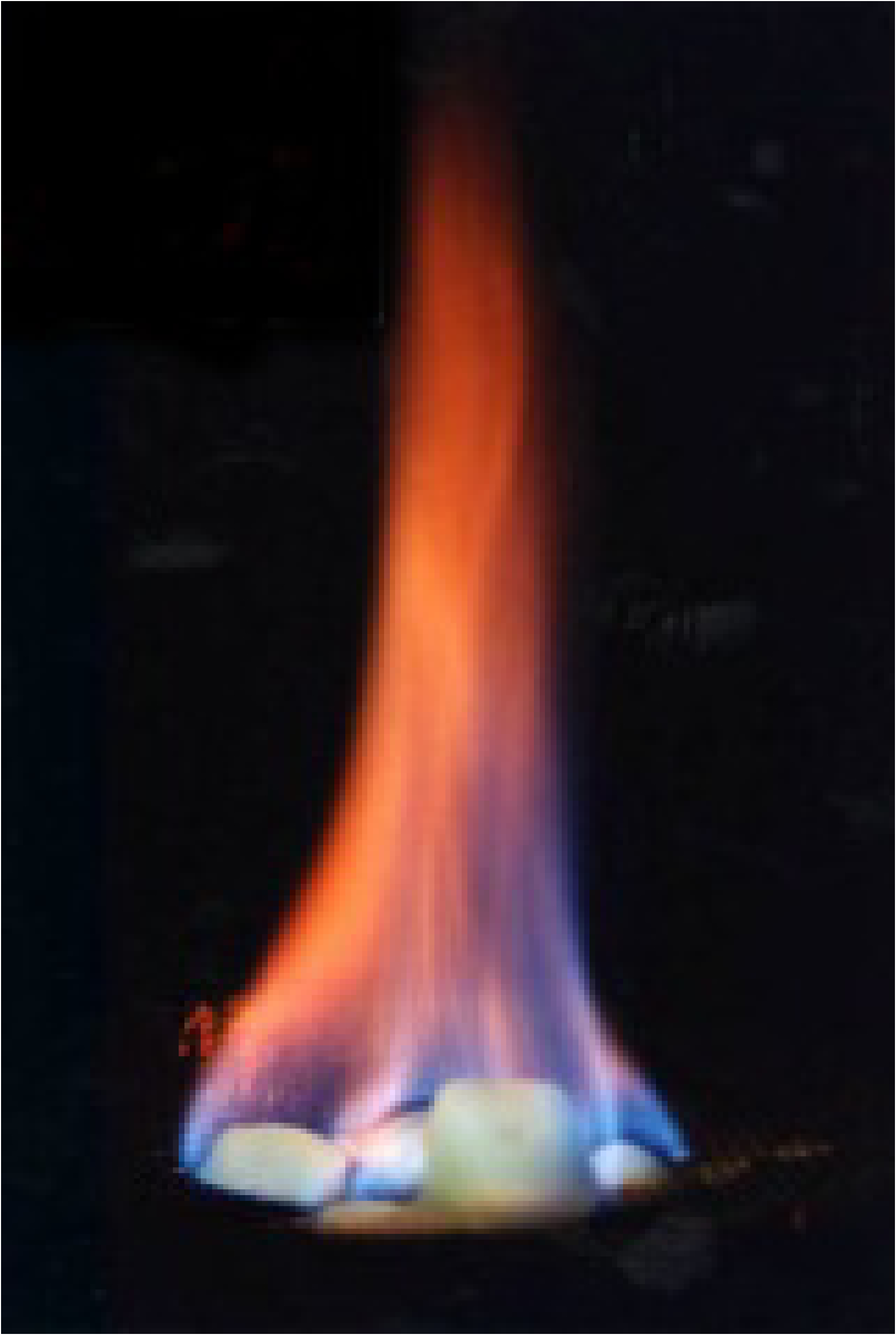
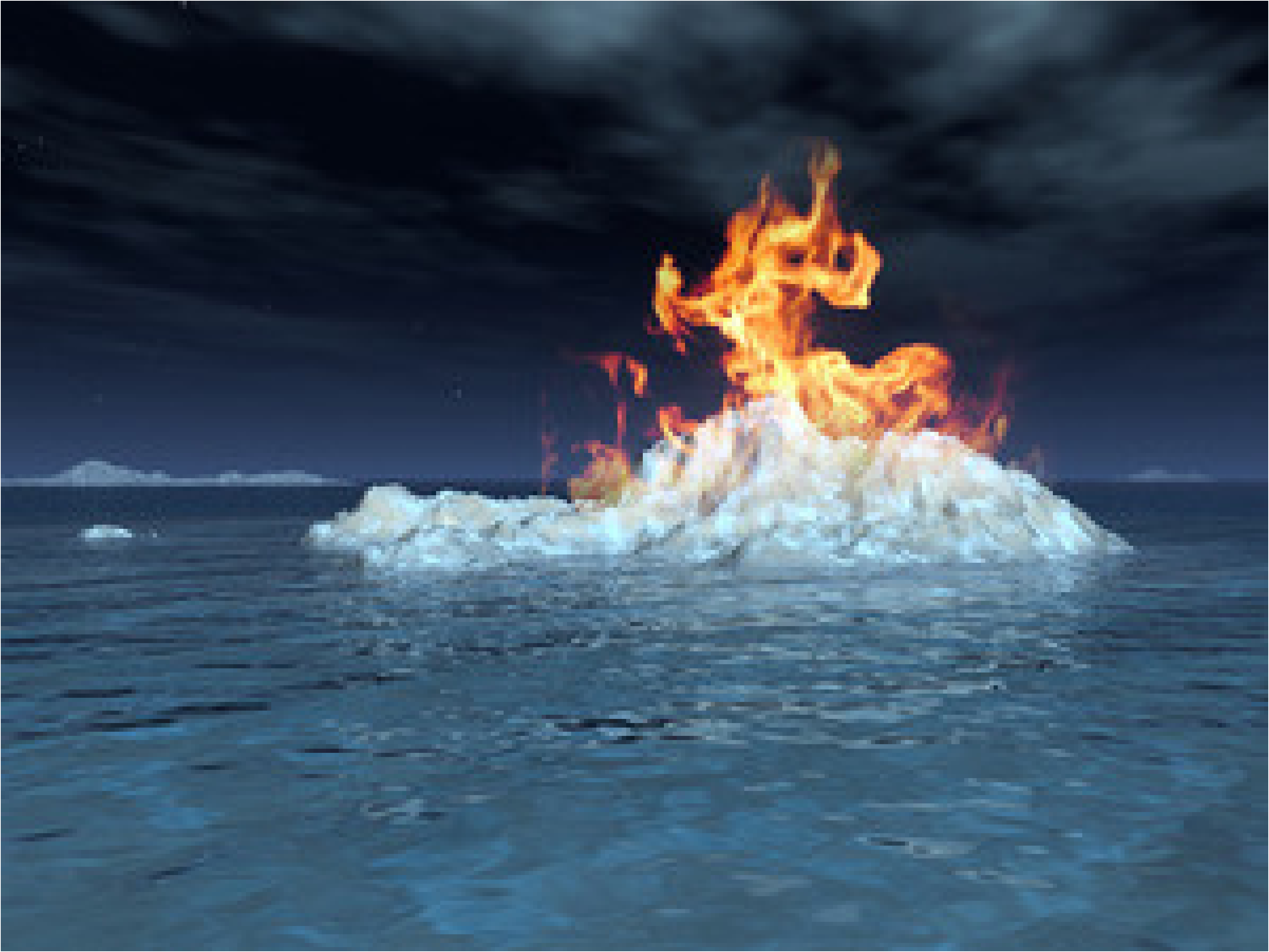
Methanogenic bacteria survive today in anaerobic zones deep in Earth's crust and in the ocean depths. Vast amounts of methane are locked up inside ice-like frozen clathrates in permafrost and the ocean depths. When these clathrates are brought to the surface, methane gas is released (see above photos). The sudden release of large amounts of gaseous methane from long frozen methane clathrates has sometimes been implicated in the major extinction event at the Permian-Triassic boundary 250 mya ( NASA's Gavin Schmidt on Methane and rapid climate change). As many as 96% of all marine species and 70% of terrestrial vertebrates died out then. More than half of the then extant insect families also perished. Coupled with massive volcanic events, sudden release of large amounts of methane into the atmosphere caused drastic climatic changes, anoxia, increasing aridity, and changes in ocean current circulation patterns. Fungi are thought to have flourished during this period, probably because they consumed much of the dead organic matter. Like carbon dioxide, methane is a greenhouse gas which holds in heat. One molecule of methane is equivalent to about 25 molecules of carbon dioxide in terms of its effects on global warming. When a molecule of methane burns, it gives off heat and is oxidized into 2 molecules of water and one of carbon dioxide, both of which are powerful greenhouse gases. Long frozen fossil methane is being released from thawing permafrost and from the deep oceans at an ever accelerating rate. Atmospheric carbon dioxide reacts with sea water to produce carbonic acid which acidifies the oceans. Acidification of sea water inhibits formation of calcium carbonate which interferes with the ability of calcareus oceanic phytoplankton such as foraminiferans to lay down their tests. Ocean temperatures are also warming. Ocean warming and acidification also causes corals to lose their mutualistic endosymbiotic zooanthellae, resulting in the so-called "bleaching" of coral reefs. Combined with overfishing, marine ecosystems worldwide are perilously close to collapse (Domino Effect). People simply do not appreciate the extent to which life on land depends upon healthy ocean ecosystems, which are vital drivers of climate. As temperatures rise, more methane bubbles reach the surface and enter the atmosphere, further raising temperatures in an ever increasing positive feedback loop. Is there a critical "tipping point" at which the state of Earth's surface will change drastically, and if, so, what is it and when will it be reached? Some experts think this tipping point may already have been crossed. Major oceanic methane vents are shown on the following map. Methane levels in the atmosphere are now more than double the levels that they have been over the last half million years (see graph below). This could well portend the onset of a powerful positive feedback loop that will almost certainly lead to very rapid global warming. 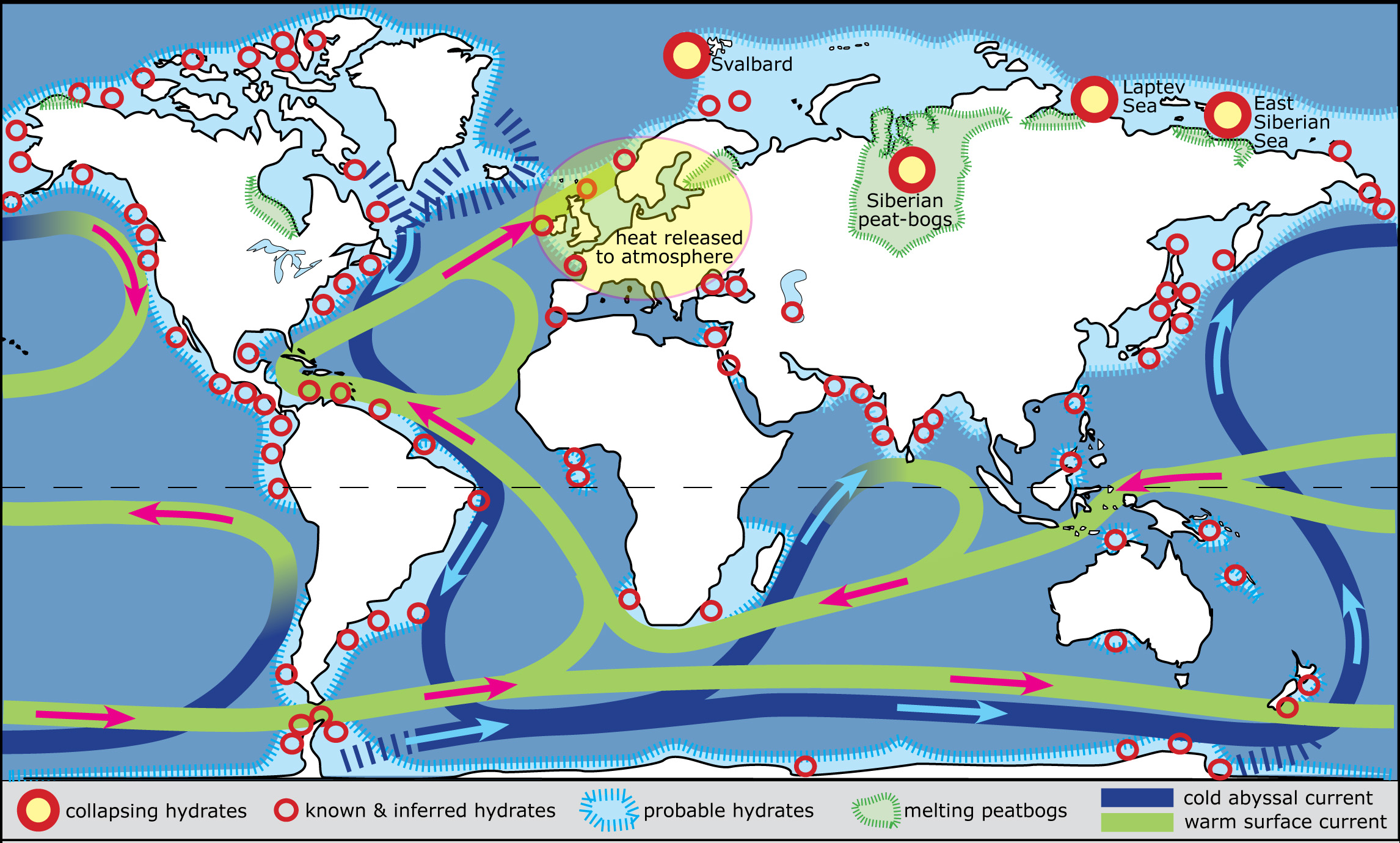
We should be doing everything we can to KEEP the methane locked up in Earth's crust and frozen in the deep oceans. However, people seem to think we can live above the laws of nature and can use all the energy we "need" and want. Fracking cracks deep rocks releasing methane produced by anaerobes much of which vents to the surface and enters the atmosphere. 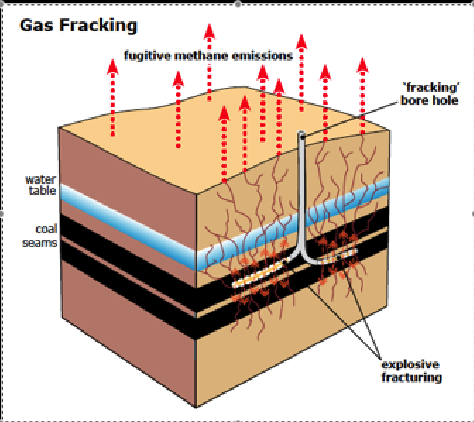 We are also deliberately extracting methane from ocean clathrates and BURNING it
for energy. Both fracking and clathrate mining release a lot of waste heat that
cannot be dissipated as well as adding more water vapor and carbon dioxide to the
atmosphere, further enhancing global warming. An international consortium involving
Canada, the US, Japan, India, and Germany is already extracting methane from
clathrates and burning deep sea methane off the north coast of Canada at a place called Mallik.
The US government supports many similar "Gas Hydrate" projects. Our voracious appetite for
ever more and more energy accelerates the rate of
global warming.
These ill-fated efforts to use methane as fuel will only hasten climate change.
What fools we humans are!
We are also deliberately extracting methane from ocean clathrates and BURNING it
for energy. Both fracking and clathrate mining release a lot of waste heat that
cannot be dissipated as well as adding more water vapor and carbon dioxide to the
atmosphere, further enhancing global warming. An international consortium involving
Canada, the US, Japan, India, and Germany is already extracting methane from
clathrates and burning deep sea methane off the north coast of Canada at a place called Mallik.
The US government supports many similar "Gas Hydrate" projects. Our voracious appetite for
ever more and more energy accelerates the rate of
global warming.
These ill-fated efforts to use methane as fuel will only hasten climate change.
What fools we humans are!
Some Relevant Links: Last updated 4 March 2015 by Eric R. Pianka |
